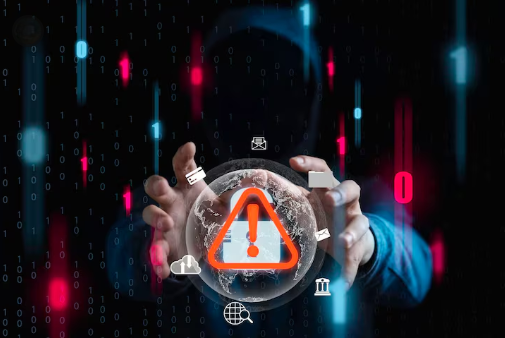
In today’s security-conscious world, protecting property, people, and data is more critical than ever before. Yet, many businesses and individuals still operate under outdated or incorrect assumptions when it comes to security. These myths — often formed from partial truths or popular media — can create false confidence or blind spots in your protection strategy.
If you’re depending on what “seems right” rather than verified practices, you might be compromising your entire security framework. It’s time to break down the most persistent myths and replace them with facts. Whether you run a retail shop, manage a corporate office, or oversee an entire facility, this article reveals the truth behind common security misconceptions and how to better safeguard your operations.
Myth 1: Technology Alone Will Keep You Safe
It’s a tempting belief: install the latest motion detectors, door alarms, and surveillance cameras — and you’re fully protected. The reality is far more complex. While technological tools like CCTV surveillance systems provide invaluable support, they can’t prevent incidents on their own. Cameras can record, but they can’t act. Alarm systems can alert, but they can’t assess the situation. Human oversight remains a critical part of a successful security ecosystem.
Pairing modern equipment with professional expertise — such as that offered by integrated security services — is what truly enhances safety. Technology should be seen as a powerful tool, not a substitute for strategy and human presence.
Myth 2: Only Big Businesses Need Serious Security
Small businesses often assume they’re under the radar of criminal activity. Unfortunately, that assumption can make them more vulnerable. Burglars and bad actors frequently target businesses with minimal or no visible security measures. The absence of deterrents like trained security personnel or even basic access control can signal an easy target.
Every business, regardless of size or industry, holds something of value — whether it’s merchandise, client data, or brand reputation. Effective security isn’t about scale, it’s about risk management and readiness.
Myth 3: Security Guards Are Just a Presence, Not a Solution
The role of security personnel goes far beyond just being a visible deterrent. Modern security guards provider companies train their guards in threat detection, incident response, emergency protocols, and customer service. Guards are often the first to detect subtle signs of trouble — like unusual behavior, unauthorized access, or suspicious packages — that automated systems might miss.
Moreover, in high-pressure situations such as theft or medical emergencies, trained guards can respond instantly, providing real-time intervention that technology alone can’t offer. They bring both a human instinct and a structured approach to maintaining order and safety.
Myth 4: Crime Happens Only After Dark
While it’s true that many break-ins happen at night, that doesn’t mean daytime is risk-free. Crimes such as internal theft, social engineering, and unauthorized access often occur in broad daylight when employees are present and security may seem more relaxed. Security measures must be active 24/7 — not just during non-working hours.
Smart criminals study patterns and look for weaknesses in routines. Whether it’s shift changes, lunch hours, or weekends, no time should be considered automatically “safe.” A comprehensive plan includes daytime monitoring, layered access, and backup protocols.
Myth 5: All Security Services Are the Same
One of the most dangerous assumptions is thinking all security providers offer the same level of protection. In truth, the quality of security varies significantly between vendors. Some provide only basic, undertrained staff with minimal support, while others offer holistic, integrated security services that combine manpower, intelligence, and technology.
Look for companies with experience, a strong track record, regular training modules, and the ability to tailor solutions based on your specific risks. A reliable partner will do more than just fill posts — they’ll help you create a long-term security strategy.
Conclusion: Empower Your Business with Real Security Knowledge
Security isn’t just about alarms, cameras, or guards — it’s about making smart, informed decisions. Believing outdated myths can leave your business vulnerable and give you a false sense of safety. As threats evolve, so must your approach to protection.
By debunking these common myths, you’re already one step ahead — but don’t stop here. Invest in trusted security service provider partners, implement modern technologies, and constantly evaluate your strategies. Security is not a one-time purchase, but a continuous process that requires vigilance, adaptability, and commitment.
In a world where risks are unpredictable, clarity is your greatest defense. Don’t let myths guide your decisions — let facts and expertise lead the way.
